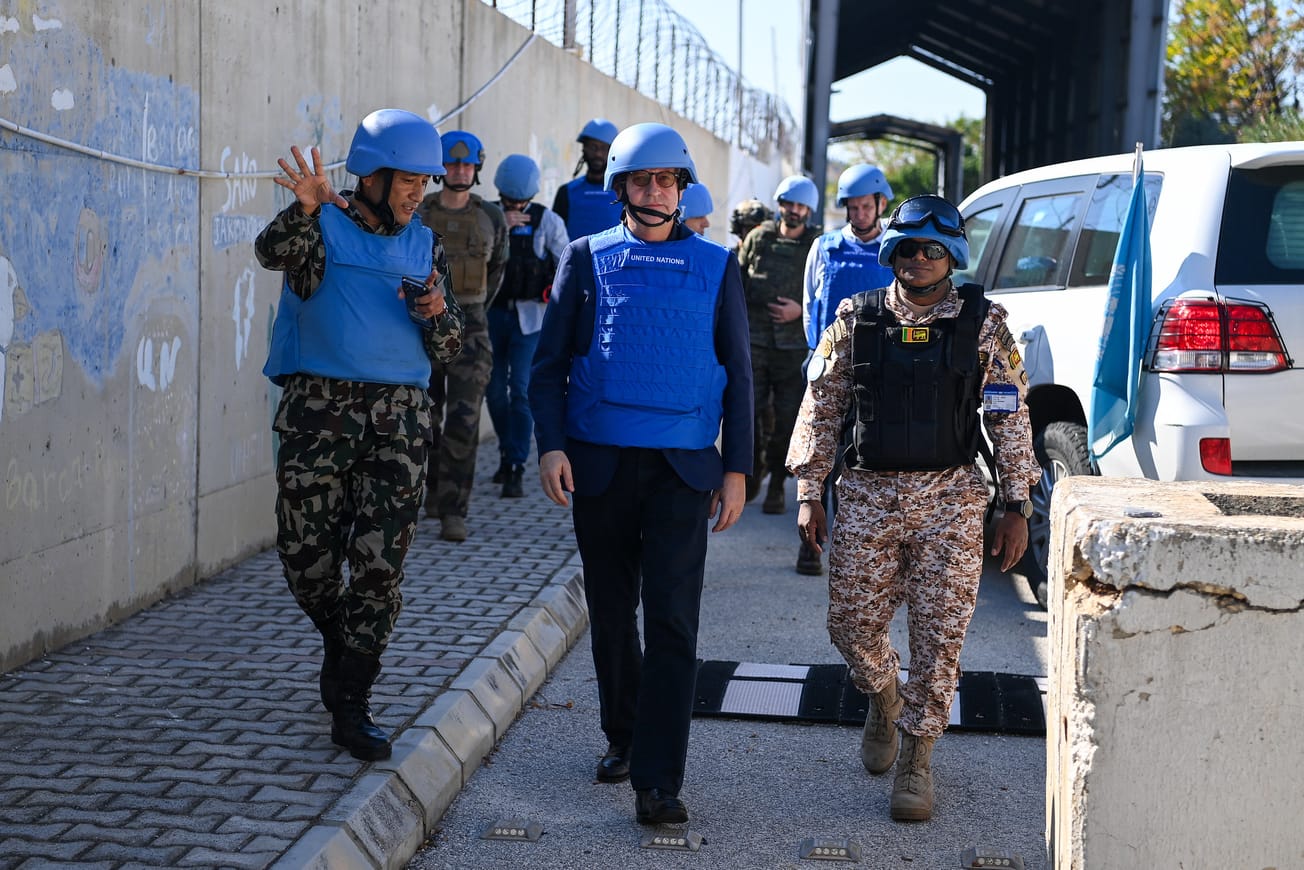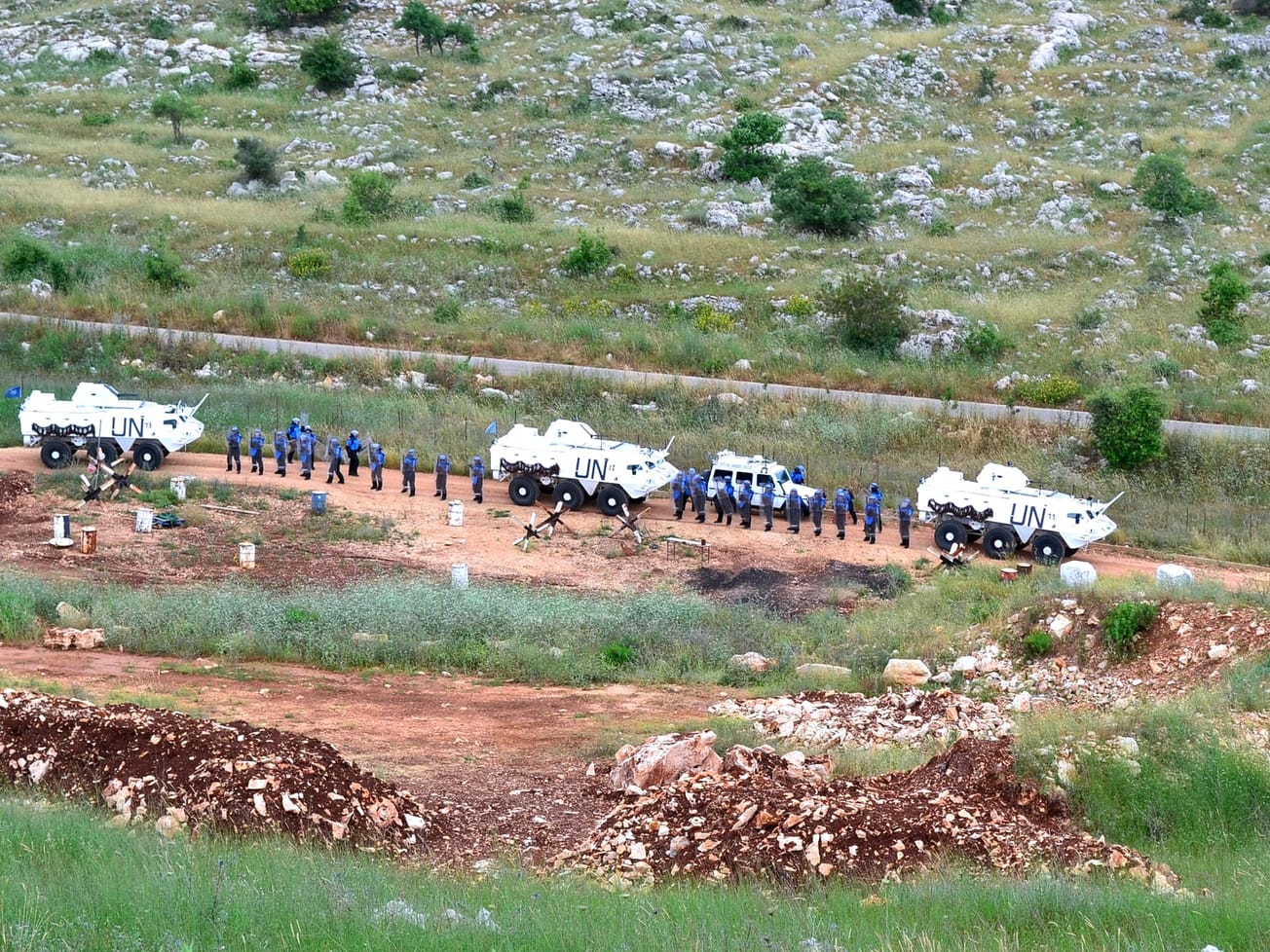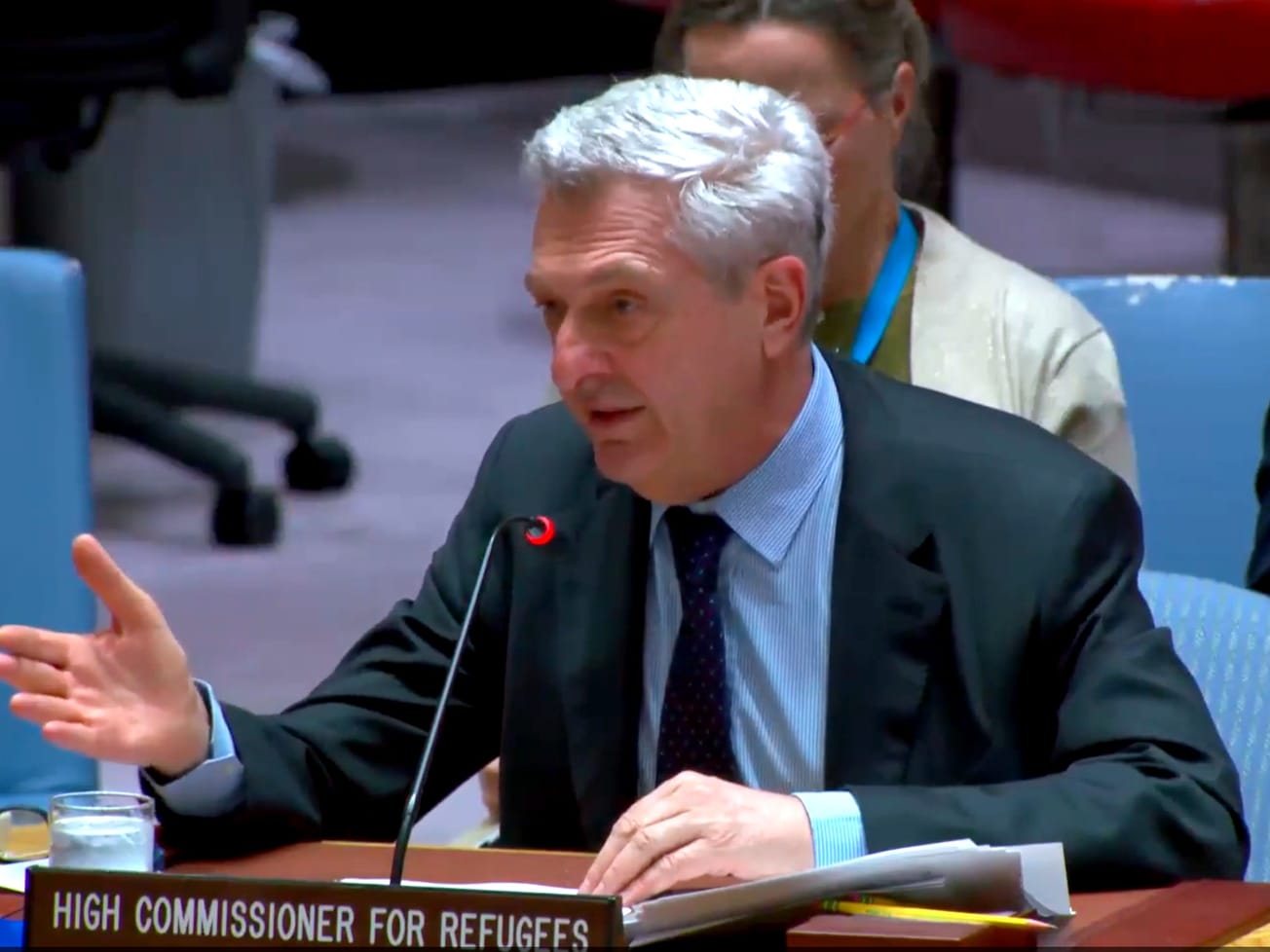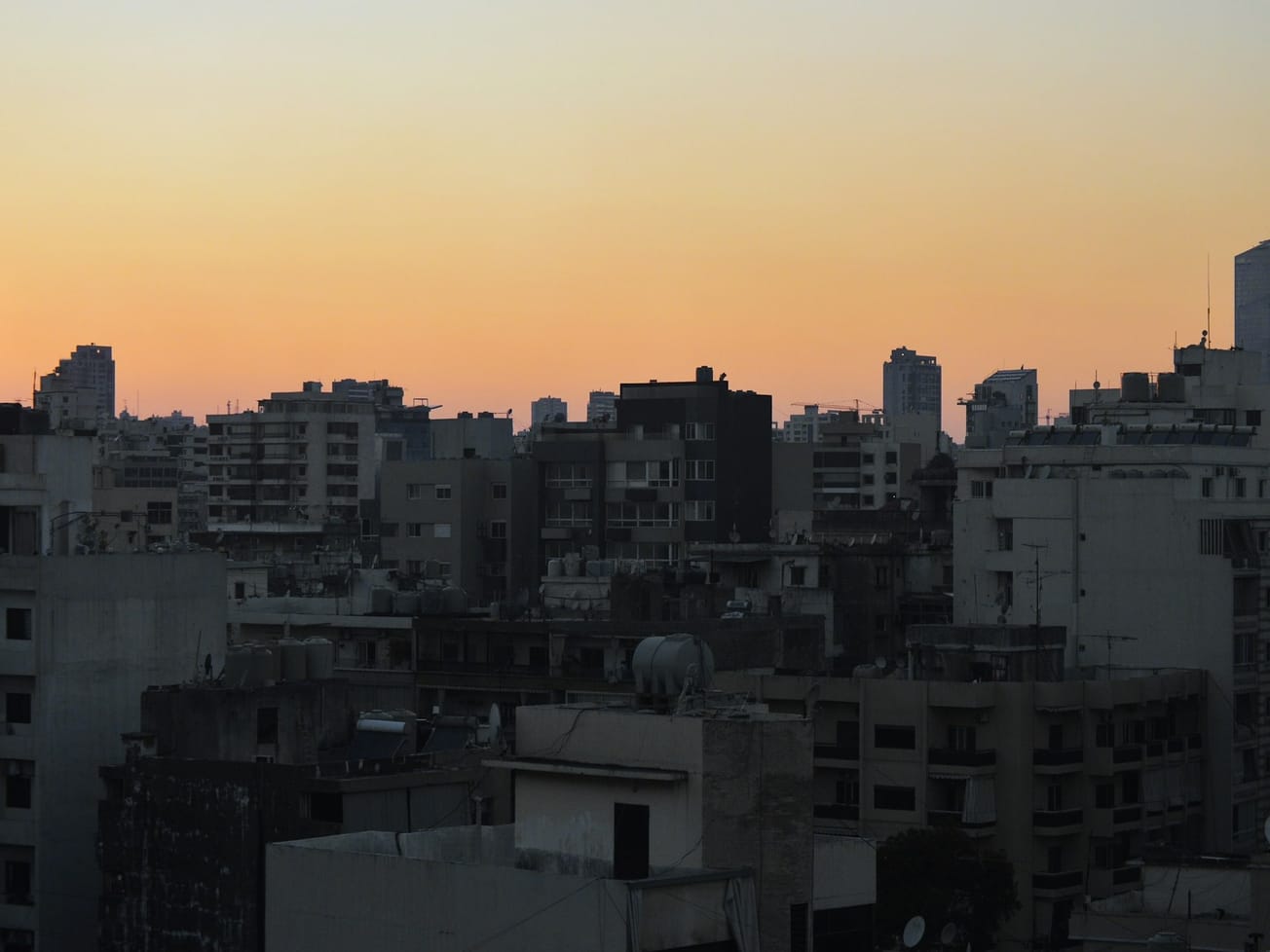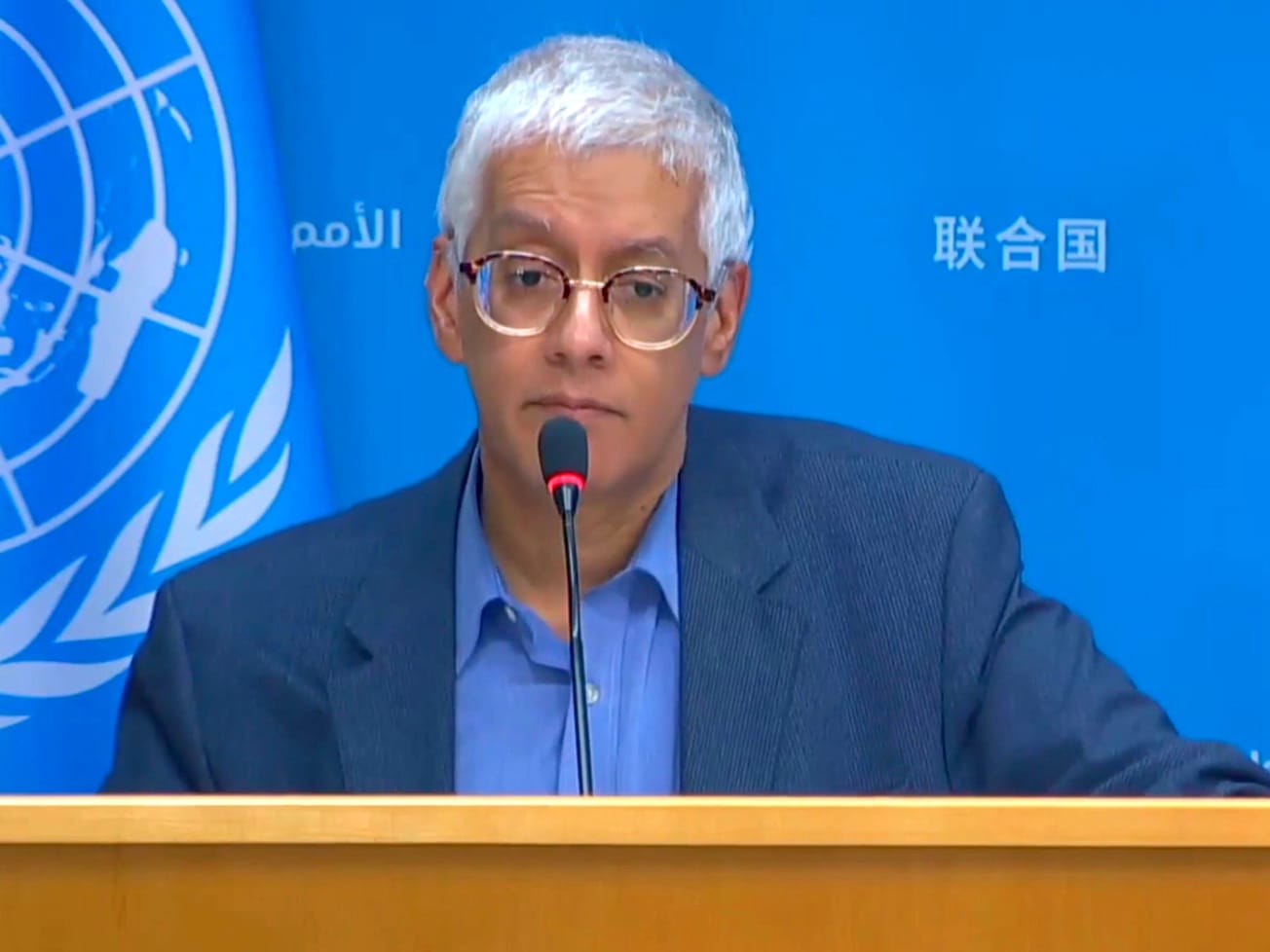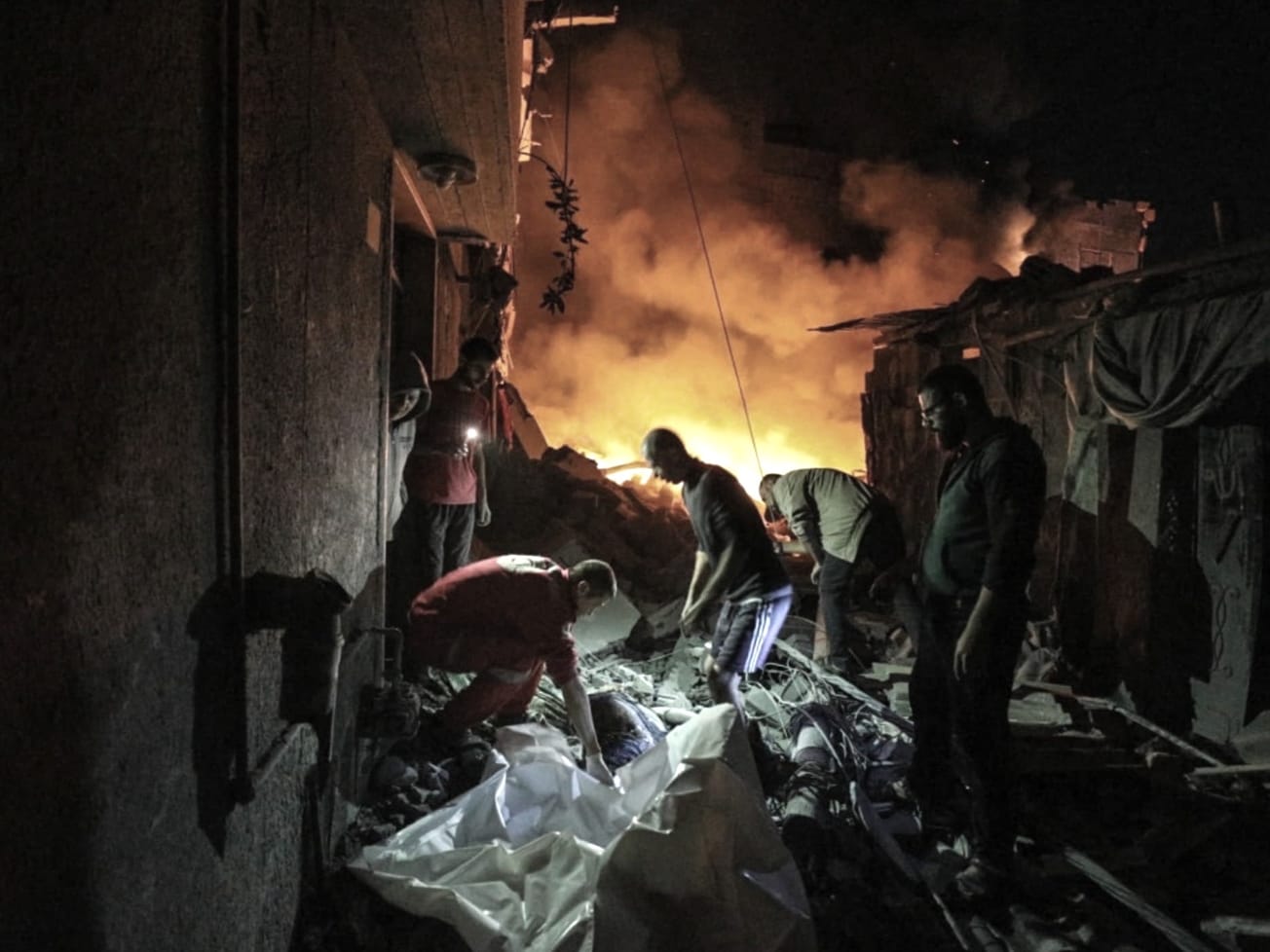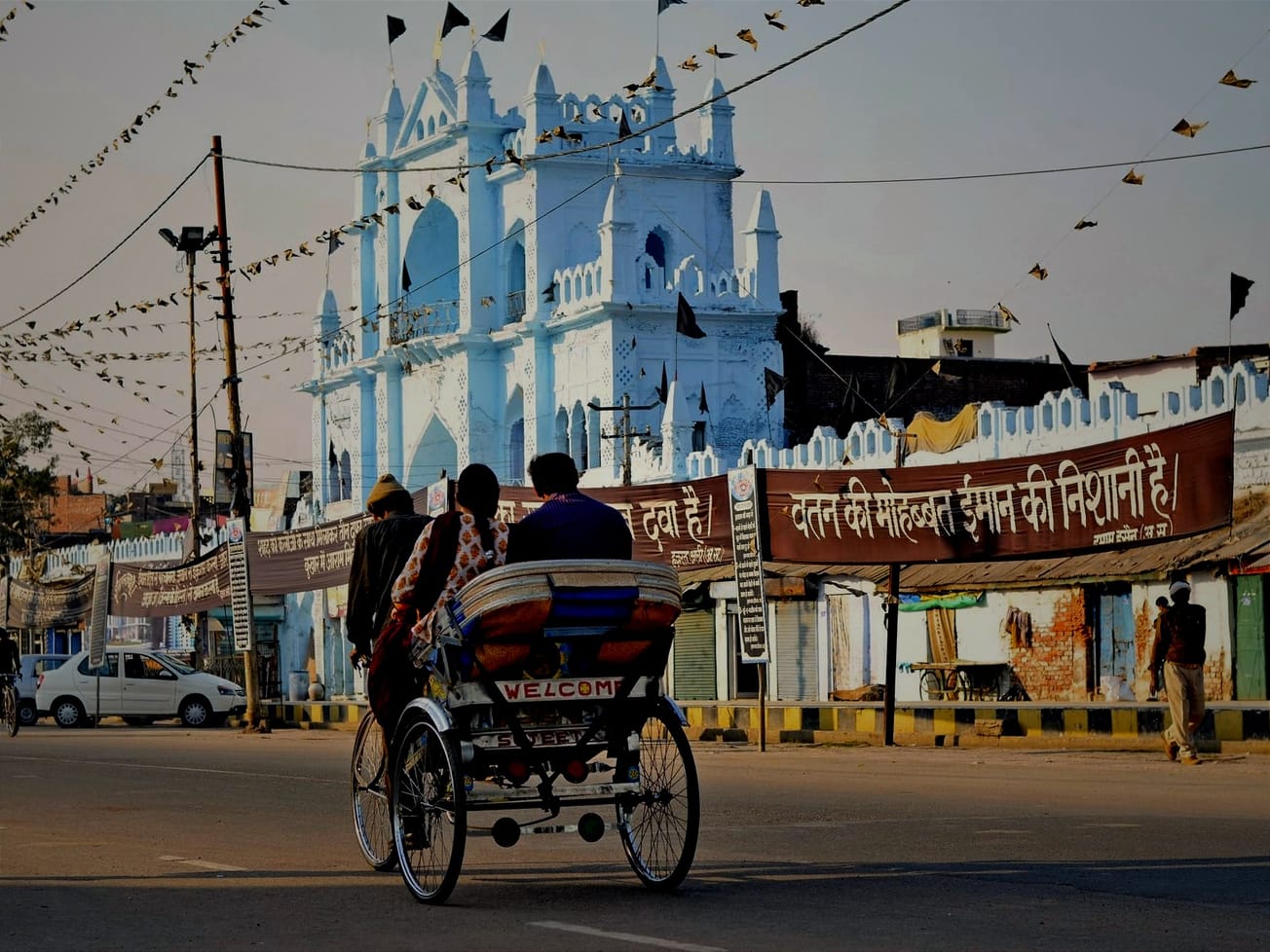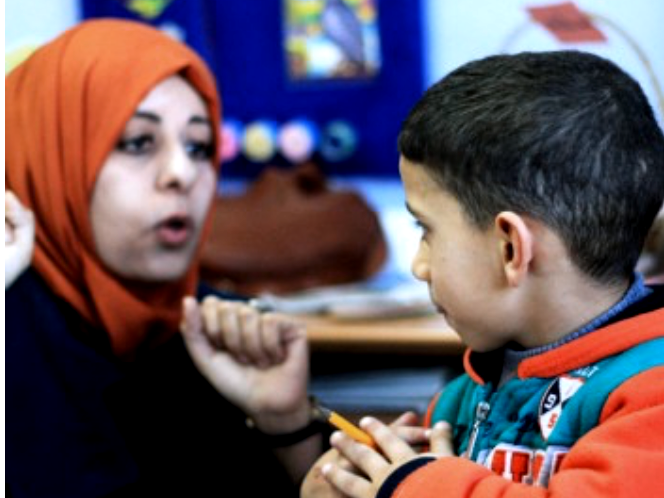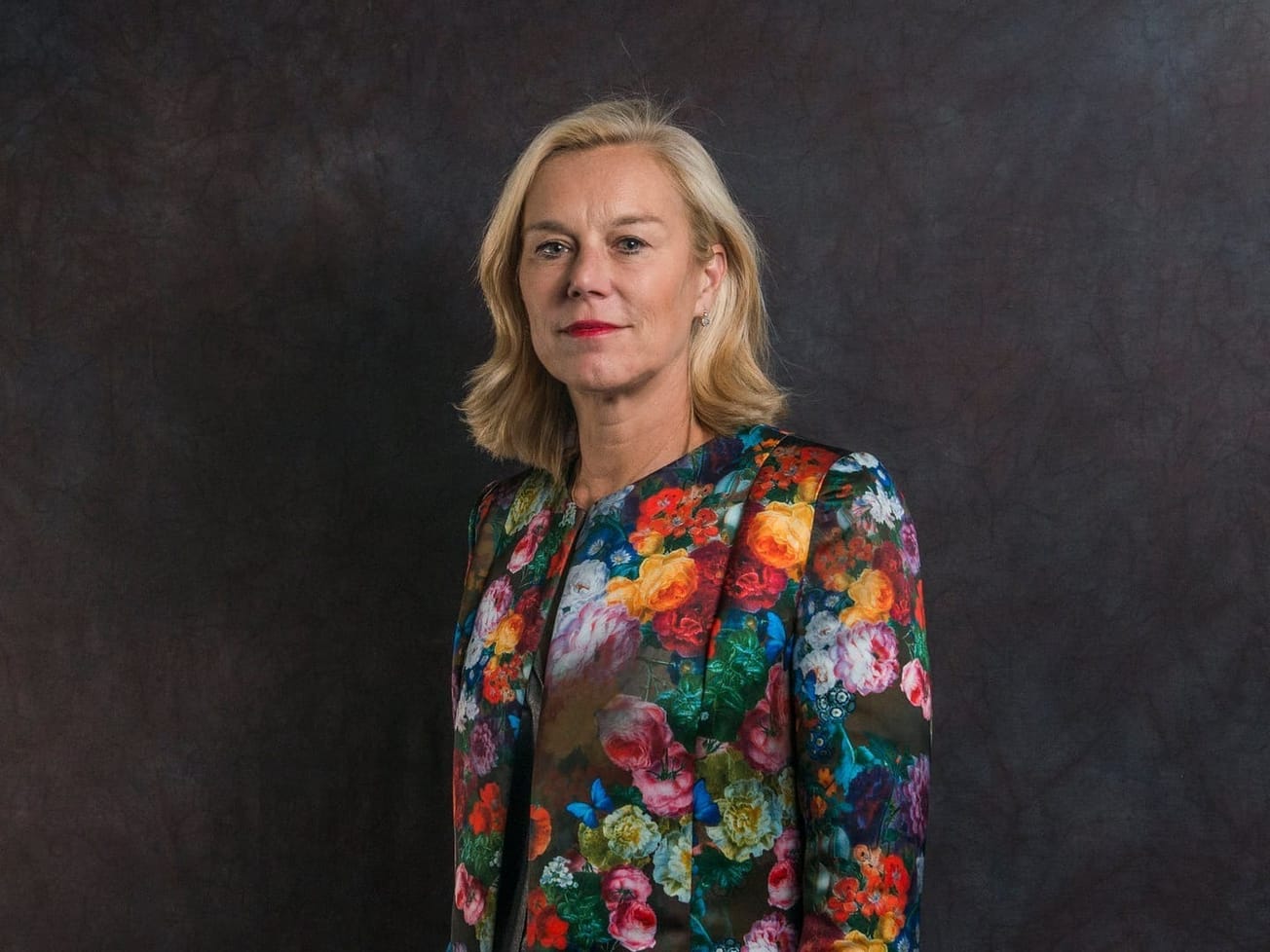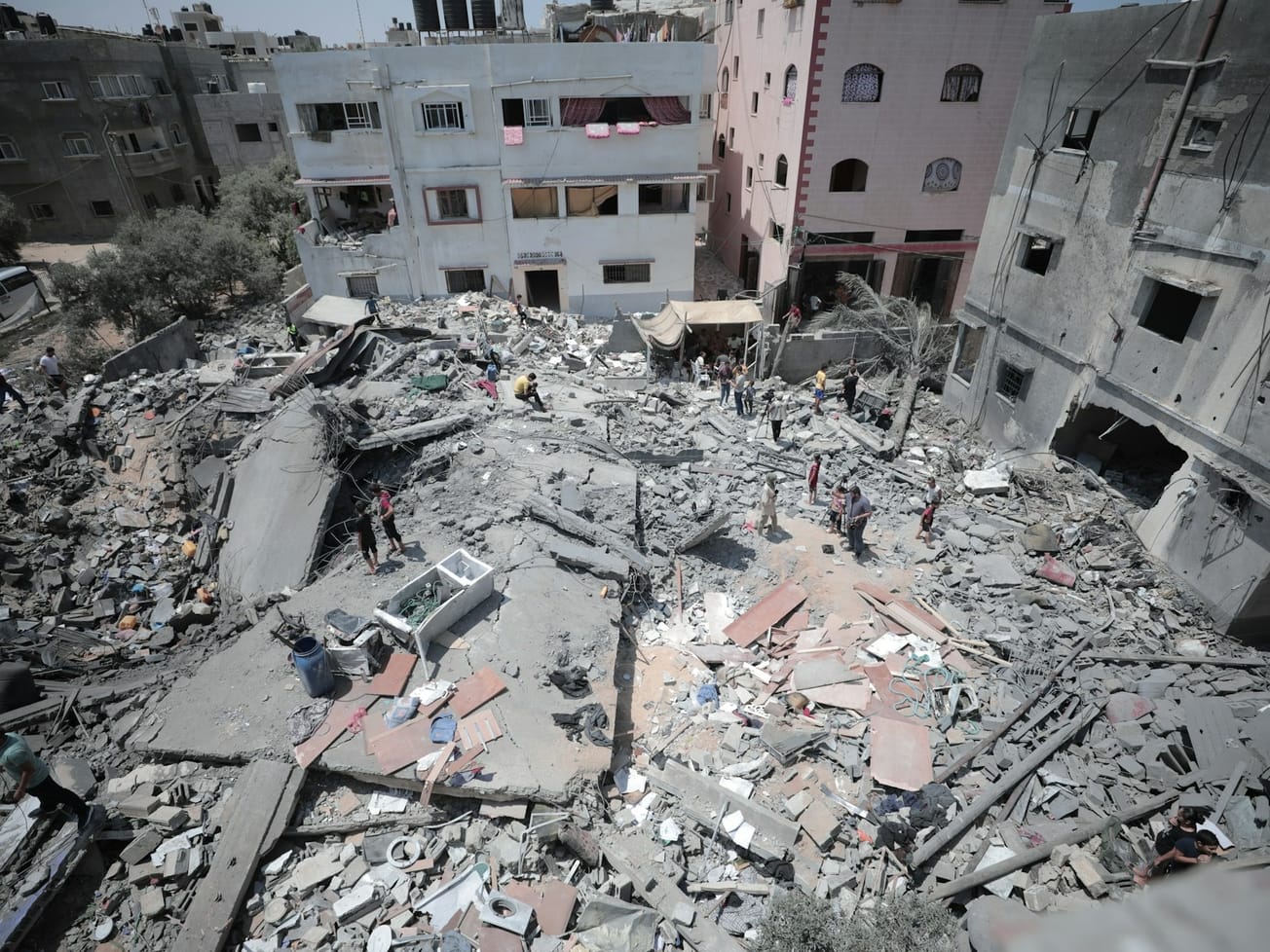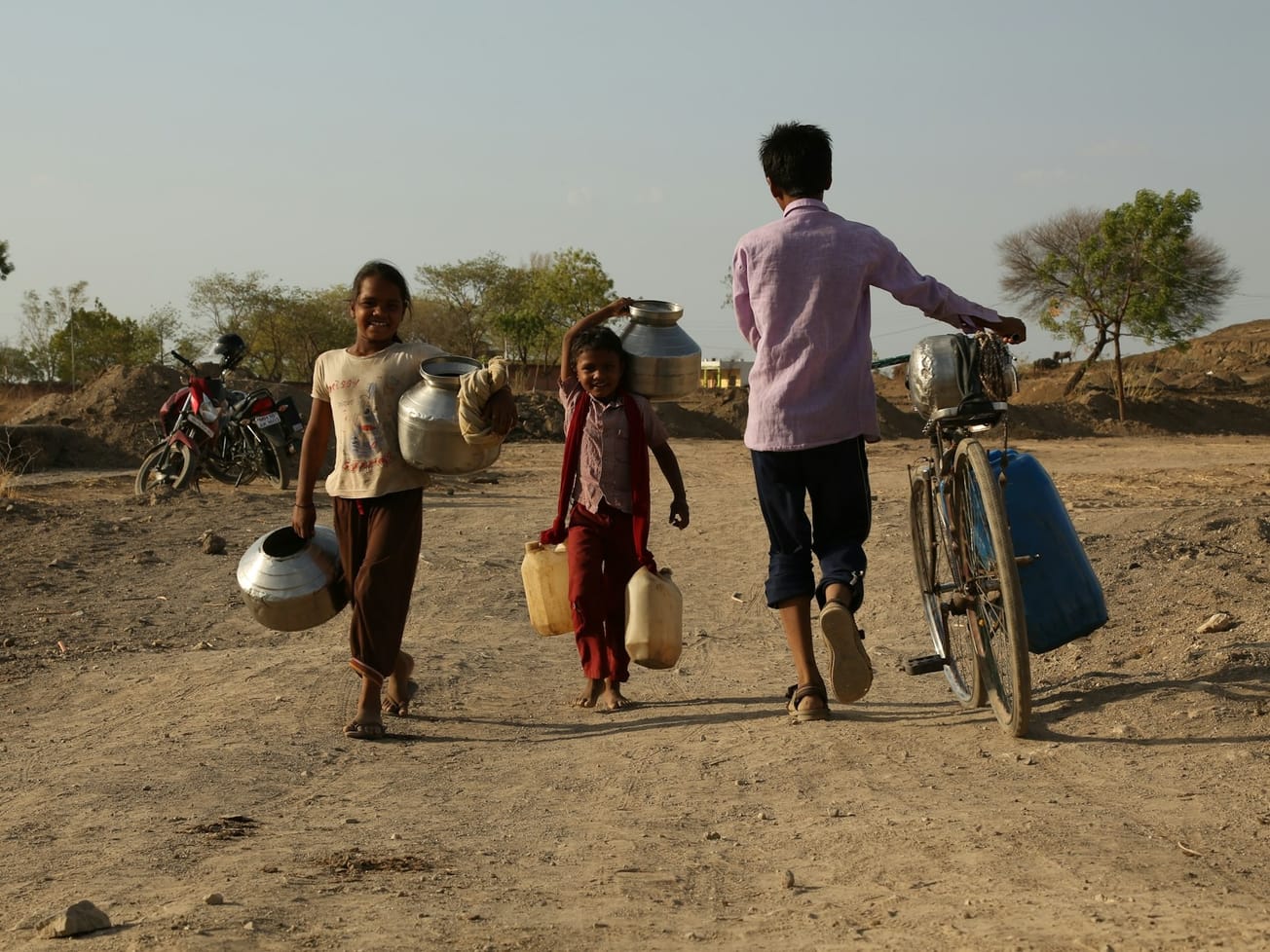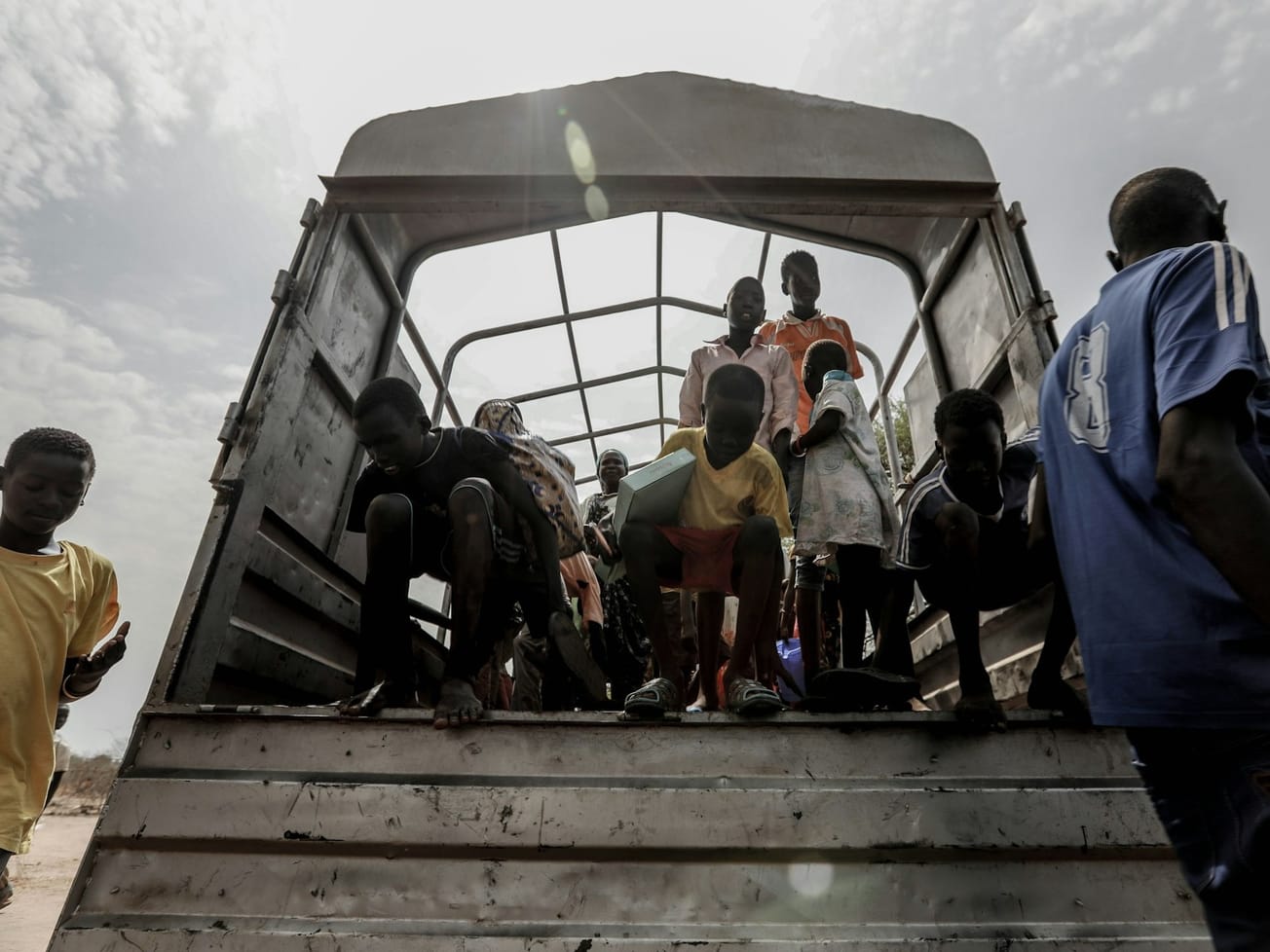
UNHCR freezes $300 million of suspended U.S. aid, impacts 600 staff
Scoop: The budget freeze is part of almost $700 million the U.N. refugee agency already received from the United States.
Already have an account? Log in
Scoop: The budget freeze is part of almost $700 million the U.N. refugee agency already received from the United States.
U.N. Security Council Resolution 1701, approved in 2006, is seen as a roadmap and the best hope for ending the war.
The U.N. and dozens of nations demanded Israel stop firing at U.N. peacekeepers while attacking Hezbollah in Lebanon.
The U.N. high commissioner for refugees cites 'many instances of violations of international humanitarian law.'
For disabled kids and their families, navigating forced displacements amid the rubble is a life-or-death challenge.
U.N. human rights experts condemned the 'malicious manipulation of thousands of electronic pagers and radios.'
More than a third of the funds will support aid efforts for people in Yemen ($20 million) and Ethiopia ($15 million).
U.N. investigators found nine UNRWA staff members 'may have been involved' in Hamas' attacks on Israel last year.
A dangerous escalation unfolding along the Israel-Lebanon border could lead to a regional war that draws in Iran.
From Gaza to the Philippines, unseasonal temps in parts of Asia shut schools, hurt crops and challenged refugee camps.
Migrants are sending home a record amount of money, boosting the economies of the countries they left behind.
The UNRWA funding crisis, following Israeli allegations, threatens basic aid to Palestinian refugees in Lebanon.
Sigrid Kaag, a fluent Arabic speaker with extensive Middle East experience, has endured threats of political violence.
Despite some humanitarian aid trickling into Gaza through Egypt's Rafah crossing, needs are soaring as tensions flare.
'Extremely high water stress' afflicts 83% of the population in the Middle East and North Africa and 74% in South Asia.
Some 52% of all refugees and others who needed international protection came from Afghanistan, Syria and Ukraine.
